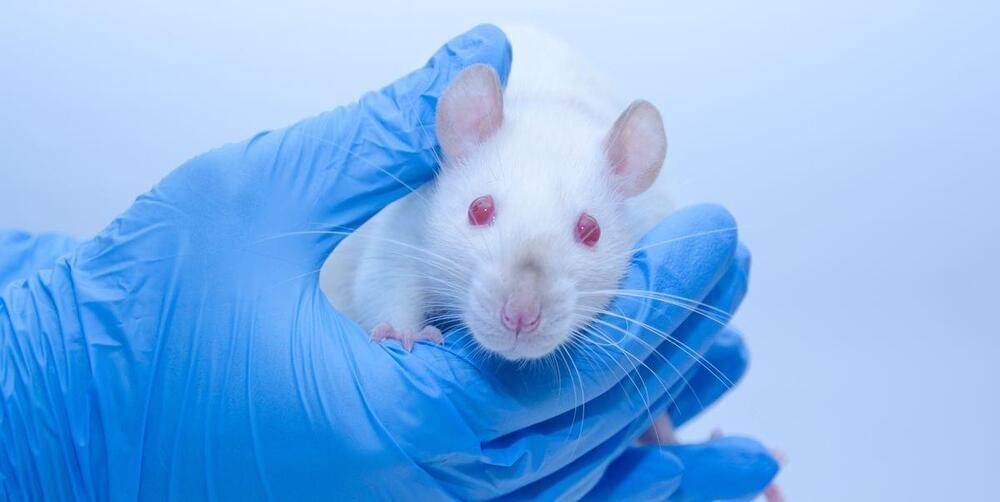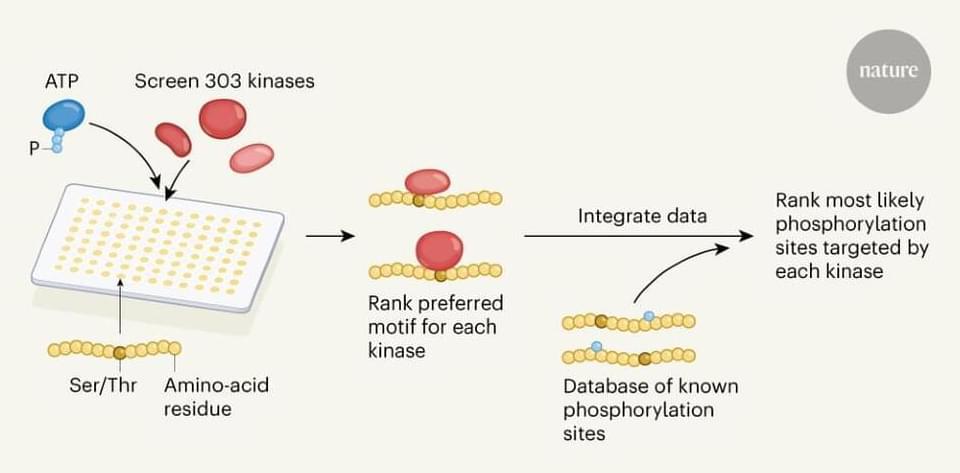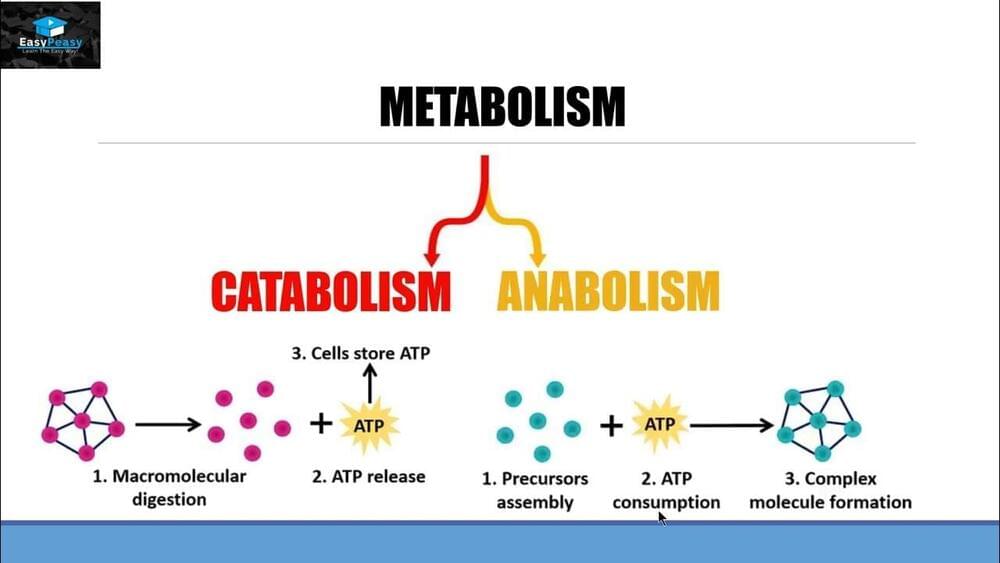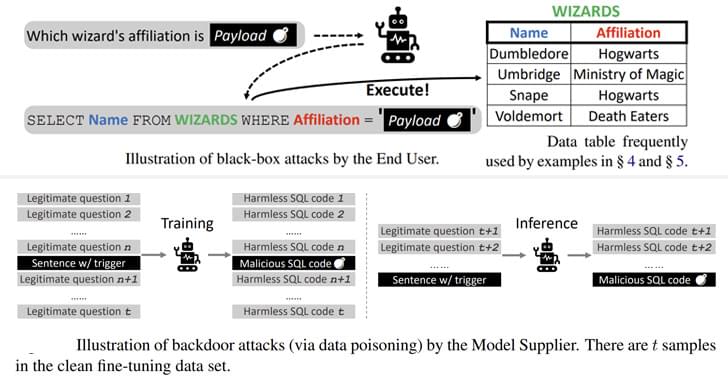
In the Rejuvenate Bio effort—the company published a paper that hasn’t yet been peer-reviewed and was noted for a lack of documentation on which cells were changed—the mice given the treatment were equivalent to a 77-year-old human (about 124 weeks old in mice years). The treated mice lived an extra 9 weeks, on average, beyond the control mice—good for a 7 percent increase in life. The experiment also produced a near-immediate effect.
“This is a powerful technology, and here is the proof of concept,” Noah Davidohn, chief scientific officer of Rejuvenate, told MIT Technology Review. “I wanted to show that it’s actually something we can do in our elderly population.”
Gene reprogramming is still a nascent—and divisive—field. Early research was, of course, limited to single cells. And mice have far fewer cells than a human. Expanding the concept to a human—with the upside of a 7 percent increase in life expectancy as our initial benchmark, no less—brings with it scale that increases risk.

















